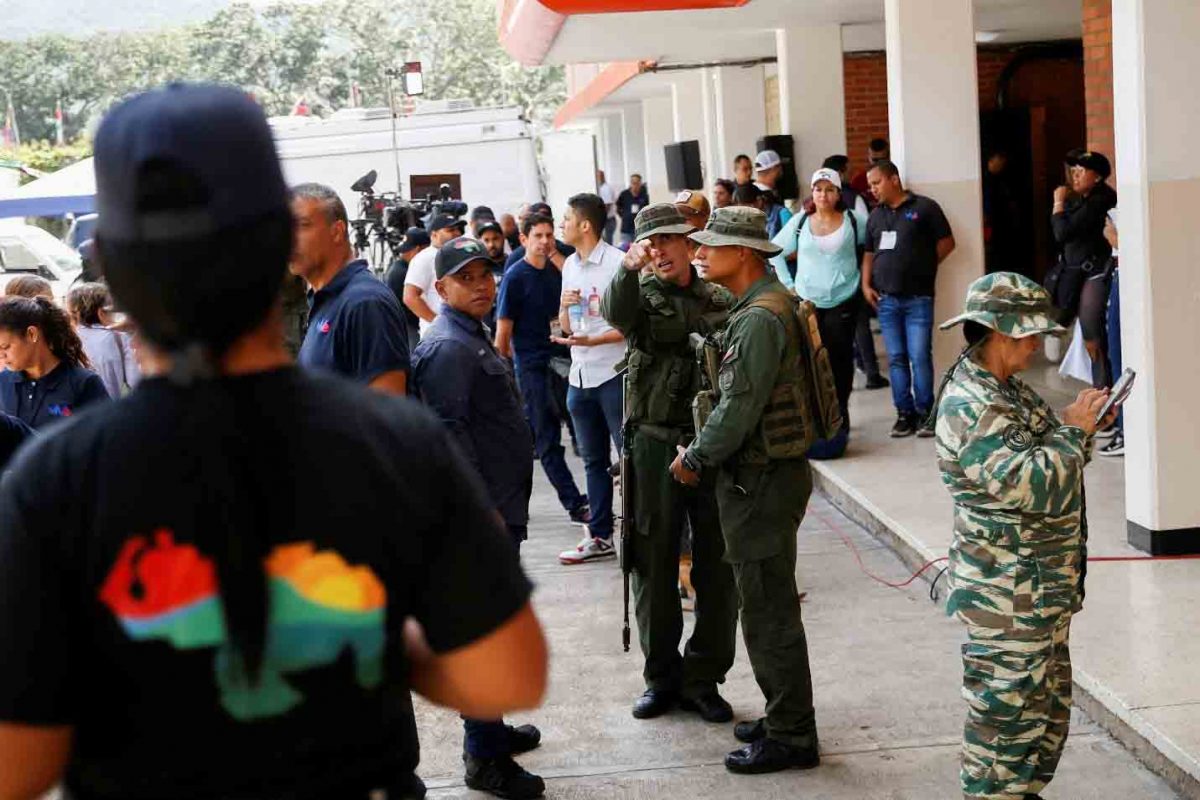BRASILIA, (Reuters) – Brazil “has intensified defensive actions” along its northern border as it monitors a territorial controversy between its neighbours, Guyana and Venezuela, the country’s defense ministry said yesterday.
“The Ministry of Defense has been monitoring the situation. Defensive actions have been intensified in the northern border region of the country, promoting a greater military presence,” it said in a statement.
Brazil’s push to move more military resources north comes amid rising tensions between Venezuela and Guyana over an oil-rich region known as Essequibo which constitutes over two thirds of Guyana’s total land mass.
Venezuela’s claims on the Essequibo, which have been the source of a long-running territorial controversy, were reignited in recent years after Guyana’s discovery of oil and gas near the maritime border.
On Dec. 3, Venezuelans will vote in a referendum on “the rights” to the Essequibo. The International Court of Justice (ICJ) is expected to rule tomorrow on a request by Guyana that the referendum not be held as currently intended. Venezuela’s government has said it will go ahead no matter what.
Venezuela protested an oil tender announced by Guyana in September, arguing that the offshore areas are subject to dispute and the companies awarded the fields will not have the rights to explore them.
The Venezuelan communications ministry did not immediately respond to a request for comment on Brazil’s actions.






